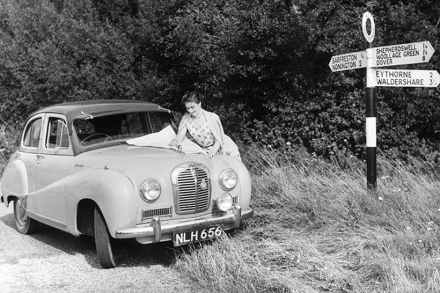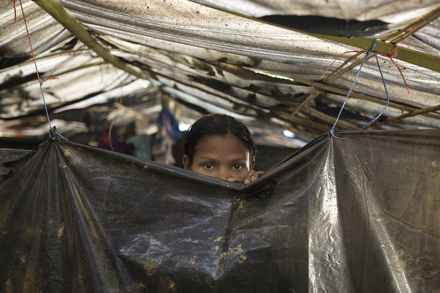Is it true that men navigate better than women?
Some years ago I participated in a late-night Radio 3 show on exploration and travel. When I left the studio with my fellow contributors, both distinguished explorers, we got lost in the bowels of Broadcasting House. Round and round the dimly lit corridors we trudged, and only after talk of bivouacking did we finally reach a lift and escape. Michael Bond, formerly the senior editor at New Scientist, has produced Wayfinding, an excellently researched popular science book which explains how people — including experienced travellers — get lost, and why some individuals have superior navigational skills than others. ‘Most importantly,’ he writes at the outset, ‘the book is about our





















